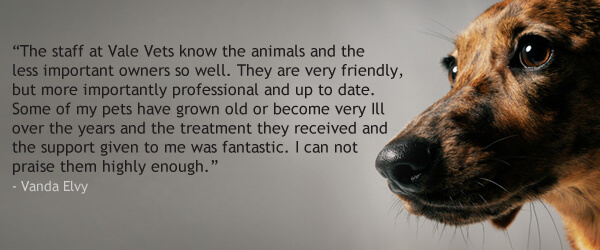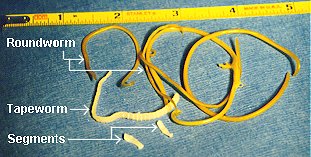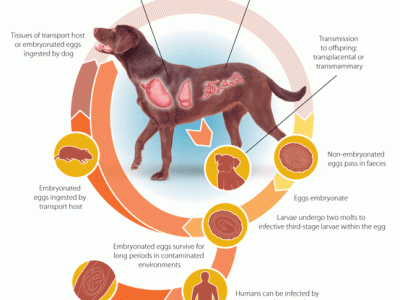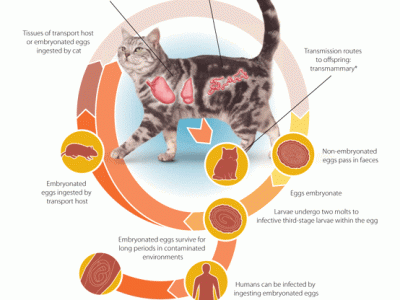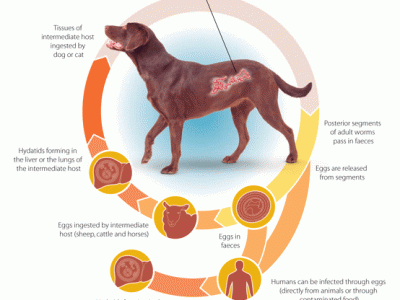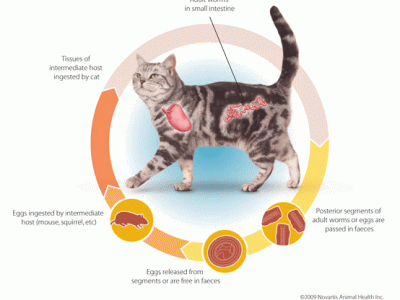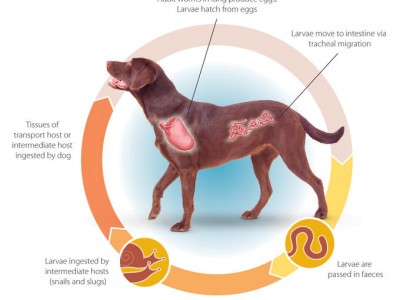Keeping your pet wormed on a regular basis is an essential part of a sound preventative care regime, keeping your pet parasite free will greatly reduce any potential threats to your pet, you and your children.
What are the symptoms of a worm infection?
The signs of worm infections are not always obvious and detection of infection is difficult to even the sharpest of eyes. Tell tale signs of your pet having a worm infection includes:
- Weight loss
- Vomiting
- diarrhoea
- Dull coat
- Lack of energy
- A pot bellied appearance (Most commonly seen in kittens and puppies)
- Scooting along on their bum
The truth is that our pets are so integrated into our everyday family life that our thoughts hardly ever turn to the fact that they could be harbouring possible very harmful parasites. The possible risk to you and your children, however small, can not be taken lightly. A type of Tapeworm (Echinococcus granulosus) and the Roundworm (Toxocara species) can potentially cause problems in humans, if the latter is passed to your child - who is more susceptible than most to infection - can in the most severe of cases cause blindness.
How are kittens and puppies infected?
Most kittens and puppies are already infected at birth by their mother. Possible sources for worm infection are very hard to avoid - below is an example of possible sources:
- Fleas
- Scavenging
- Contact with affected areas - such as parks and gardens
- Contact with other infected animals
- Eating raw meat
- Eating faeces
- Mosquito bites when traveling abroad
Click on the image below to enlarge the slideshow.
What is lungworm?
Another parasitic infection that is becoming more prevalent among our dog population is Lungworm. The lungworm parasite can be passed to the dog by the dog purposely or accidentally eating an infected slug or snail. The signs of lungworm is not always obvious and if left untreated can be fatal. Below are a few of the visible signs of a potential lungworm infection.
- Respiratory problems (coughing, tiring easily)
- Poor blood clotting (Excessive bleeding, Nose bleeds, bleeding into the eye, Anaemia)
- General sickness (Vomiting, diarrhea, weight loss, poor appetite)
- Changes in behaviour (Depression, Lethargy, Seizures)
What treatment do you recommend?
As you can see sound worming and flea control is even more important now than ever before. This is why at Vale Vets we use Advocate as our first line of defence in parasitic control - It gives your pet the best flea and parasitic control available.
Advocate covers your pet against all of the below:
- treatment and prevention of lungworms in dogs (Angiostrongylus vasorum and treatment of crenosoma vulpis)
- heartworm prevention
- flea and lice treatment and prevention of flea infestations. The product can be also used as part of a treatment strategy for FAD (Flea Allergy Dermatitis)
- gastrointestinal worm control including several larval stages
- control of ear mites in cats and dogs
- control of sarcoptic mange in dogs
- control of Demodex mites in dogs
At Vale Vets our recommendation for full and comprehensive worming control are as follows:
Dog:
Puppies wormed at 4, 6 & 8 weeks with Panacur then as below:
Advocate every month
Drontal every 3-6 months
Cat:
Kittens wormed at 4, 6 & 8 weeks with Panacur then as below:
Advocate every month
Profender/Drontal every 3-6 months
